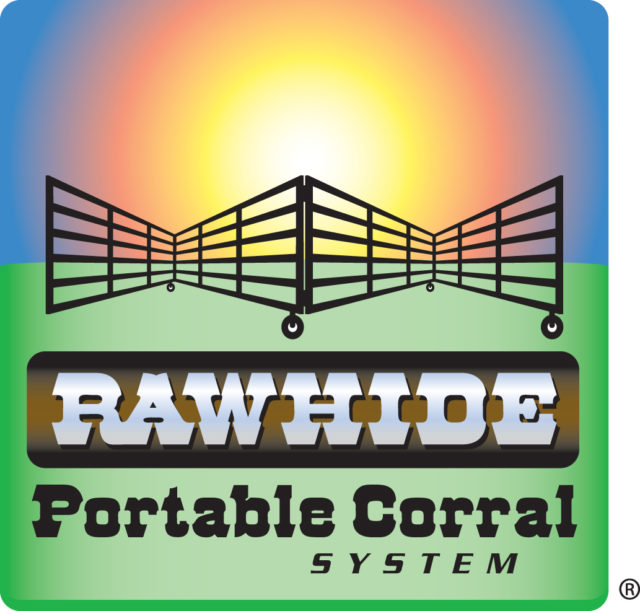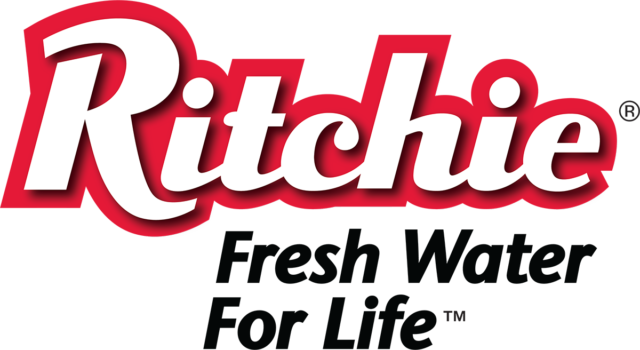During and after the outbreak, I asked myself: What could be done to prevent equines from contracting a serious disease or other health condition while traveling? How do individuals hauling horses prevent the occurrence of illness and injury that can occur on the road?
Many practices can be implemented in your equine health and traveling program to prevent serious illness and injury.
Prevention of illness and injury is often referred to as “biosecurity,” which is defined as the protection of the economy, environment and health of living things from diseases, pests and bioterrorism. Implementing the following practices will help keep your equine safe and healthy on the road and at home.
First, vaccinate your horse. Keep all vaccinations current, including vaccinations for West Nile Virus and Equine Encephalomyelitis.
Be aware of local diseases and talk to your veterinarian regarding what vaccinations your horses need. You may also consider vaccinating for rabies if you are hauling your horses frequently where they may become exposed to the rabies virus.
If you have any questions regarding vaccination protocols for your area or the areas you travel to, consult your local veterinarian.
Second, do not share supplies. Supplies include feed and water troughs, buckets, feed, brushes, other tack and blankets. Sharing water and feed buckets to be neighborly can cause trouble by spreading infections.
If you happen to forget your bucket, purchase one; the $10 you spend on the new bucket could save you the expense of veterinarian care or even the loss of your horse.
When filling water buckets do not use the communal hose at the spigot – take the hose off and do not put any part of it in the bucket.
Watering areas are often moist and muddy, which can harbor the highly infectious Streptococcus bacteria that cause Strangles or Equine Distemper. So use precautions in these areas.
Clean and disinfect your supplies frequently and, again, if you borrow or lend any supplies, disinfect before you use them on your horse.
All grooming tools and other applicable supplies should be cleaned frequently to avoid contracting skin diseases and bugs (lice or mites). Grooming supplies can be soaked in hot water that is above 130º for 15 minutes to kill bacteria.
Adding a teaspoon of laundry detergent or bleach will ensure the bacteria are dead. Rinse thoroughly as to not leave any residue on the brushes that may cause skin irritation.
Stalls, trailers and anything you plan on contacting with your horse should be checked and, if applicable, disinfected.
Wear shoes that can easily be disinfected as to not cross-contaminate your horse’s area or the community area. Plastic, disposable booties can be placed over shoes or the use of footbaths in high-traffic, high-contact areas are excellent disease transmission prevention tools.
Feed should not be changed suddenly or frequently. Keep feed and feeding schedules consistent with your practices at home. Check hay frequently for mold and dust and handle according to the condition of the hay.
Check your travel list to ensure you have the appropriate feeds in the trailer before leaving home to avoid any possible bouts with colic.
Check the bedding in trailers and stalls for excessive dust – allergies usually flare when traveling. Whether you feed your horse in a feeder or hay bag, closed-quarter feeding can cause damage to your horse’s health.
Vents and windows open in the trailer and traveling 70 mph can cause allergens to become more mobile. Always inspect your horse for runny noses, coughing, sneezing and watery eyes after unloading.
One of the hardest things to prevent is the common contact your horse will experience while traveling to horse events. How do you keep someone from petting your horse and/or another horse from muzzling your horse?
Keep in mind that a person petting your horse has probably petted many horses on the way toward yours. It may not be 100 percent preventable, but do your best – stay out of direct pathways and busy areas.
Do not be afraid to ask someone to go wash their hands before petting or handling your horse; this includes the on-site veterinarian and staff. It also is perfectly acceptable, and oftentimes advisable, to ask people to refrain from touching your horse.
Whether traveling with a friend to share expenses or because they are a great traveling partner, hauling horses in the same trailer can be risky.
Close-quarter contact of your horse with even just one other equine from a different location can cause infection transmission.
Do you know where the other horse has been? You don’t want a friend’s cold any more than you want your horse to contract Strangles or any other problems the other horse has. Sniffing noses, sharing buckets and other equipment is a great way to spread various illnesses you do not want and could prevent by using precautions when traveling with other horses and people.
In summary, to keep your horse healthy and happy, vaccinate, disinfect, do not change feed abruptly, do not share supplies and limit contact with humans and other horses.
Be the best provider you can, whether on the ranch working cows, a top-notch trainer or hobby horse lover – help your animals stay healthy by using these tips and some common sense. ![]()
Shanna Hamilton is an extension educator for Adams County.
PHOTO
Hauling horses can have risks if the horses come from different locations. Photos courtesy of Thinkstock.









